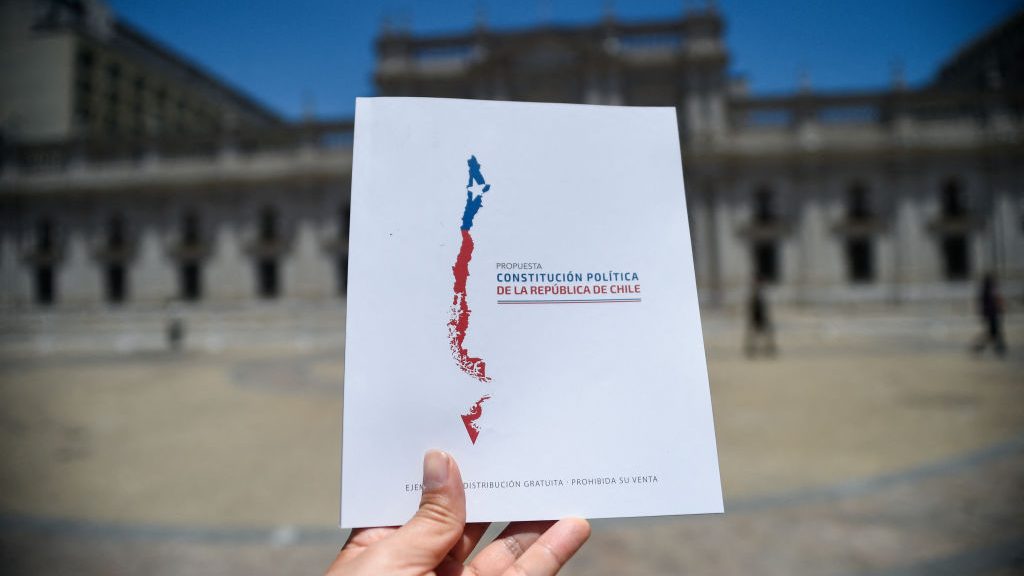Chileans face a crucial decision as they return to the polls for a new constitutional plebiscite this Sunday. With a proposed Magna Carta written by a conservative Constitutional Council, citizens must choose between the options “for” or “against” the new constitution. Unlike the previous process, the members of this year’s Council were appointed by political parties, resulting in a more right-leaning draft. While the new constitution is classified as “more conservative” than the previous proposal, many Chileans remain unconvinced. Some describe it as not changing much from the existing Constitution.
This sentiment is echoed by Mauricio Osses, a 43-year-old banker who voiced his exhaustion from the democratic process despite participating in the 2019 social outbreak demonstrations. Similar feelings are shared by others who walk along Paseo Ahumada in downtown Santiago, reflecting on the results of the failed 2022 plebiscite.
Political analyst Marco Moreno notes that after almost four years, Chileans are exhausted with the constitutional discussion, citing pension, health, education, security, and social inequality as unresolved issues. The lack of trust and the feeling that major emergencies remain unaddressed contribute to citizen fatigue.
The upcoming plebiscite is also likely to affect President Gabriel Boric, who played a leading role in the previous process. If the proposal is approved, former Mexican Chancellor Jorge Castañeda believes it would be a victory for the extreme right, while the rejection would be the least bad outcome but still doesn’t align with the societal solution suggested during the 2019 social outbreak.
Boric assures that if the “in favor” option wins, the government will fully comply with its implementation, despite the proposal’s contradiction with Boric’s own principles, such as the right of families to choose education and the protection of the unborn. On the other hand, if the right-wing proposal is rejected, Boric stated that during his mandate, there will not be a third constituent process.
The plebiscite outcome hangs in the balance, with Chileans and their leaders anxiously awaiting the results and its implications on the country’s future.
